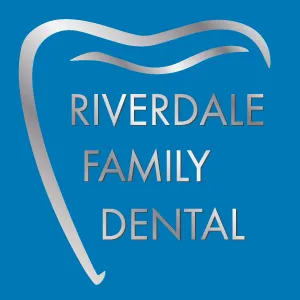What is Halitosis?
Halitosis, also known as chronic bad breath, is often the result of improper care of your oral health. When you eat, food particles gather throughout your mouth, sticking to the surfaces of your tongue, in between your teeth, and on your gum tissue. Your oral bacteria break down these substances and release certain odors from the mouth. If left unmanaged, these odors eventually develop into halitosis. By learning what causes halitosis and what you can do to avoid it, you can maintain fresh breath.
What causes halitosis?
There are a few factors that cause halitosis, including:
- Poor dental hygiene: Poor brushing and flossing habits, or lack thereof, are common causes of bad breath. The bacteria in plaque feed on food particles left in the mouth and create odor-causing waste products. Basic oral hygiene should include brushing and flossing your teeth at least twice a day and seeing your dentist twice a year for checkups and professional cleanings.
- Gum disease: Halitosis is a frequent symptom of gum disease. When plaque and tartar build up, toxins from bacteria irritate gum tissue. This irritation can cause red, swollen, or bleeding gums, as well as persistent bad breath.
- Dry mouth: Saliva plays an essential part in your oral health. It not only helps you speak and eat, but it also disposes of any food debris. Dry mouth creates a shortage of saliva. Without the proper amount, your mouth can’t clean away dangerous pathogens. This creates unpleasant breath and results in other dental conditions.
- Oral infections: When you have an infection in the throat, mouth, or nose, bacteria spreads to your mouth through a post-nasal drip. The bacteria feed off your mucus while your body fights off the infection. These biological processes create bad breath.
- Tobacco use: Tobacco products leave a bad taste in your mouth, which creates halitosis. Smoking also dries out the mouth, leading to further complications that result in bad breath.
Treating Halitosis
Improving your dental hygiene is the best way to treat your halitosis. Take a step back and evaluate your daily routines. It’s important that you always brush your teeth at least twice a day for two minutes. Make sure that your toothpaste contains minerals such as fluoride, which helps to naturally eliminate bacteria. Another important activity is flossing, at least once a day. It’s even better to floss after every meal.
There are a few other lifestyle changes that can help, such as cutting back on caffeinated beverages, drinking more water, seeing your dentist twice a year, and chewing sugarless gum to help your bad breath while stimulating saliva production.
